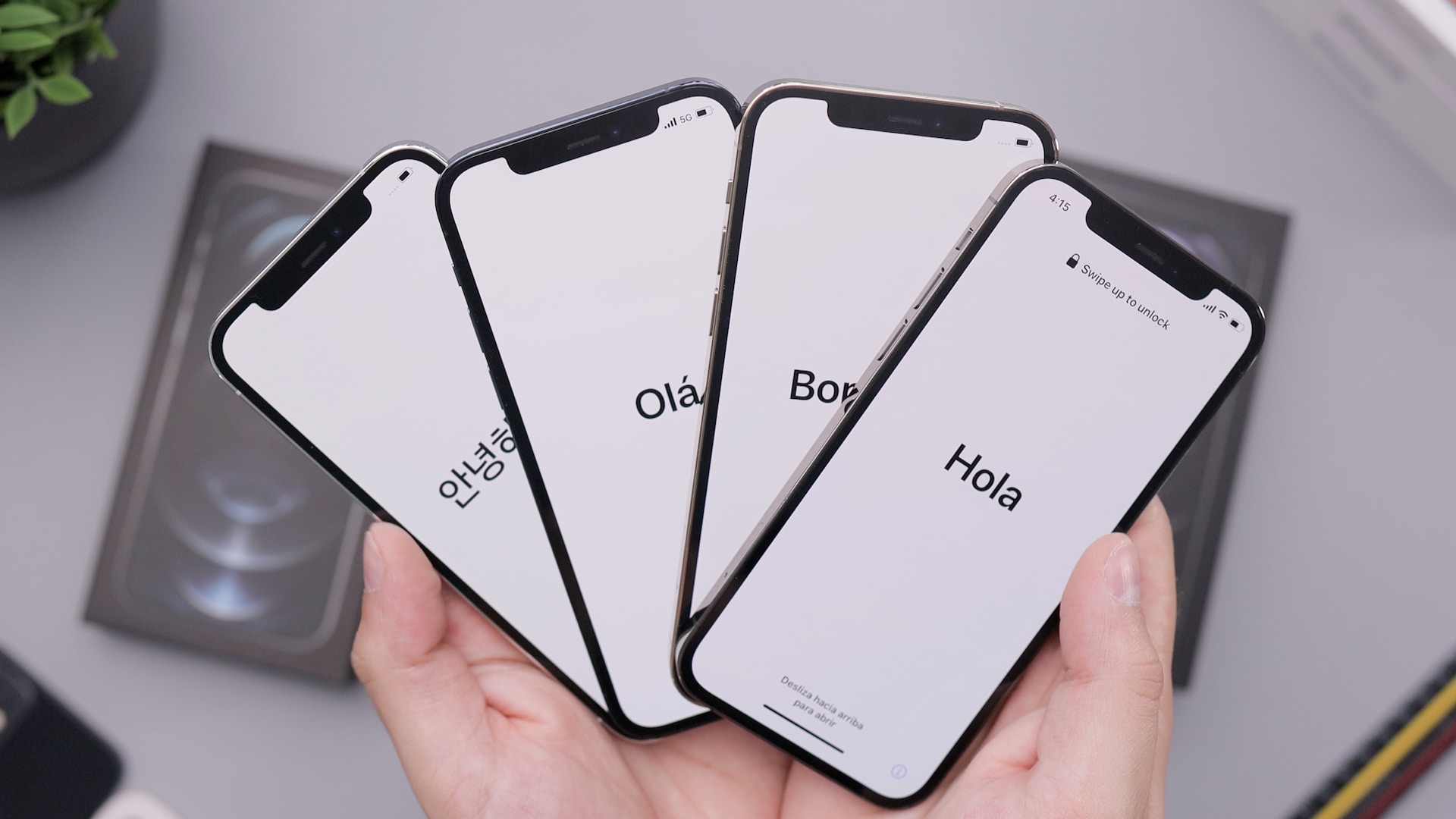We’ve all heard the news about Google’s updated privacy policy about collecting public data to train AI. Specifically, their Chatbots.
So what does this mean for us?
Lately, the internet has been a whirlwind of Chatbots upon Chatbots dropping from the sky. Many of us have had the experience of engaging with a chatbot at least once, whether it’s for generating content, seeking solutions, brainstorming ideas, or even venting our emotions (yes, we’ve all been there).
The real question is, should we be concerned?
Though AI chatbots are relatively old by tech standards, the newer tech by Open AI’s ChatGPT or Bard, are profoundly more capable than their previous counterparts. There are others too, like DALL-E, Midjourney, and DeepMind, apart from the ones creating the buzz.
After all, AI chatbots have the capability to gather personal information like names, phone numbers, emails, and other sensitive data. The extent to which this information is shared with third parties can vary depending on the specific chatbot and its privacy policies. Some chatbots may indeed share user data without explicit consent or users being fully aware of it.
This raises valid concerns about our privacy. As users, we should make an effort to be aware of the privacy policies of the chatbots we interact with. By understanding these policies, we can gain insight into how our information is being used and shared. Transparency from chatbot developers and providers is crucial in ensuring that users can make informed decisions about their data.
In this article, we’ll explore how AI uses our data, specifically focusing on the privacy implications of AI chatbots, their data-sharing practises and tips on how to protect your data.
Let’s go!
Are AI chatbots sharing our personal data?

AI chatbots are becoming more popular for businesses, especially in the Ecommerce sector, to improve customer interactions and provide instant support. These chatbots can collect personal information during conversations, such as names, phone numbers, email addresses, and more. AI chatbots collect data for multiple purposes, including improving performance, personalising responses, and analysing customer behaviour.
However, the extent to which AI chatbots share personal information with third parties varies depending on the specific chatbot and the company behind it. Some chatbot providers may share user data with third parties for targeted advertising, market research, or other commercial purposes. It’s important to note that this data sharing might occur without the user’s explicit knowledge or consent.
You might be interested in:
Getting to know AI chatbots data policies
To address data privacy concerns, many AI chatbot providers have implemented privacy policies that outline how user data is handled. These policies typically detail the types of data collected, the purposes for which it is used, and whether it is shared with third parties.
As users, it’s crucial for us to be aware of these privacy policies and understand how our information is being utilised. Reading and comprehending these policies can help us make informed decisions about using chatbots and assess the potential risks associated with data sharing.
You can read the policies here to ease your mind:
https://openai.com/policies/privacy-policy
Bard frequently asked questions – Google Bard
Tips for protecting your data from AI Chatbots
Familiarise yourself with privacy policies
Before engaging with an AI chatbot, take the time to review the privacy policy provided by the chatbot provider. Look for information about data collection, storage, and sharing practises.
We’ve already included the AI policies of some of the popular chatbots above.
Don’t share sensitive information
Avoid sharing sensitive personal information, such as your social security number, financial details, or passwords, with AI chatbots unless you are confident in the chatbot’s privacy practises. It’s wise to treat AI chatbots as you would any other online platform or service in terms of safeguarding personal data.
Word of Advice: Don't tell anything to a chatbot you want to keep private!
Be cautious of third-party integrations
Some AI chatbots may integrate with third-party services or platforms. Before granting permission or sharing information with these integrations, carefully review their privacy policies and understand how your data will be handled by these external parties.
Consider making your data anonymous
Some chatbot providers offer options to interact with their services anonymously or with limited data collection. If privacy is a primary concern, explore these options to minimise the amount of personal information shared.
Stay informed about updates and changes
Chatbot providers may update their privacy policies from time to time. Stay vigilant and make a habit of reviewing any policy changes to ensure you are comfortable with the new terms.
Opt-out or delete data when possible
If you no longer wish to use a specific AI chatbot or want your data removed, check if the chatbot provider offers an opt-out or data deletion option. Following the provided procedures, you can minimise the amount of data associated with your interactions.
Report any privacy concerns
If you encounter any privacy concerns or suspect a breach of your personal information while using an AI chatbot, promptly report the issue to the chatbot provider. This allows them to investigate and take the necessary actions to address the problem and improve their privacy practises.
By following these tips, you can take proactive steps to protect your privacy when interacting with AI chatbots. However, it’s important to stay informed and remain vigilant as privacy practises may evolve over time.
On an Ending Note: AI Data
AI chatbots have the potential to greatly enhance our online experiences. Though, it’s essential to understand the privacy implications associated with their use. By familiarising ourselves with chatbot privacy policies, being cautious with personal information, and staying informed about updates, we can take steps to protect our privacy when interacting with AI chatbots. As technology continues to advance, it’s crucial for us, as users and organisations, to prioritise transparency and ensure that the use of AI aligns with ethical data practises.
Overall, the responsible use of AI requires a balance between the benefits it brings and the protection of our privacy. It’s essential for both users and AI Chatbot developers to actively address these concerns to foster a trustworthy and secure AI data ecosystem.
Looking to create your own website? We’ll help you!


